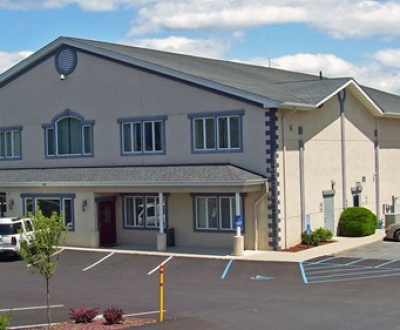Housing Market Affected by 2017 Tax Cuts and Jobs Act
Housing Market Affected by 2017 Tax Cuts and Jobs Act

The 2017 legislation known as the Tax Cuts and Jobs Act has had a negative effect on the high-end
housing market in the years subsequent to its passing. It served to place a cap of $10,000 on the amount
of tax deductions homeowners could claim on their returns with regard to state and local taxes.
In addition, interest on mortgages greater than $750,000 is no longer deductible, and the standard
deduction has also been raised. While this largely does not affect buyers in the lower income strata, this
correlates with data relating to those who use the standard deduction. This is because they usually do not
itemize while subsisting in this particular classification.
The crunch is being felt by those in the higher tax brackets.
The result has been that this segment of housing market has endured a sagging ripple effect. Sales
volume has decreased as confirmed by a study conducted by the New York Federal Reserve, meaning
there are fewer homes available for purchase.
In addition, properties have been slower to move, as buyers have been more reticent. This change has
been observed throughout late 2017 and into the third quarter of 2018, even though interest rates were
favorable during this same period.
It is thought that these tax provisions are at least partially at fault for the slump.
The study conducted by the New York Fed only looked at the sales statistics and not at the possible
consequences to the property values and the prices at which they ultimately sell. In the March existing-
home-sales report, it was noted that ‘the lower-end market is hot while the upper-end is not’.
This is also due to a subset of consumers oft referred to as ‘tax refugees’. These are people who cannot
claim deductions beyond $10,000 and who are moving to areas where they can save money on taxes,
creating a shift in the demand. It is believed that the upper end of real estate transactions will continue to
suffer decline due to the continued and sustained effect of these pieces of tax legislation.
Sokol Group specializes in initiating the property tax grievance process for clients who believe their tax
liabilities are too high. Serving the residents of the Hudson Valley, and Orange, Westchester, and
Rockland counties, we look forward to working with you. Contact us today!
Photo courtesy of Pexels
Search the Retax Blog
All Blog Posts
- Orangetown – An Old Settlement
- Property Taxes Set To Increase, But You Can Appeal
- Haverstraw, New York – Named For Its Grasslands
- Clarkstown – A Growing Area
- Rockland County – New York’s Smallest County
- Town Of Rye, New York – A Tranquil Part Of The World
- Pound Ridge, New York – A Quiet Haven
- Economist Predicts A Staggering 20% Loss To Real Estate Values In Coming Year
- Pelham, New York – An Easy Commute To New York City
- Ossining – A Town Formerly Known As Sing Sing








